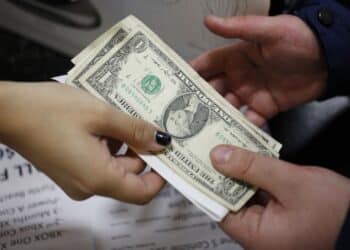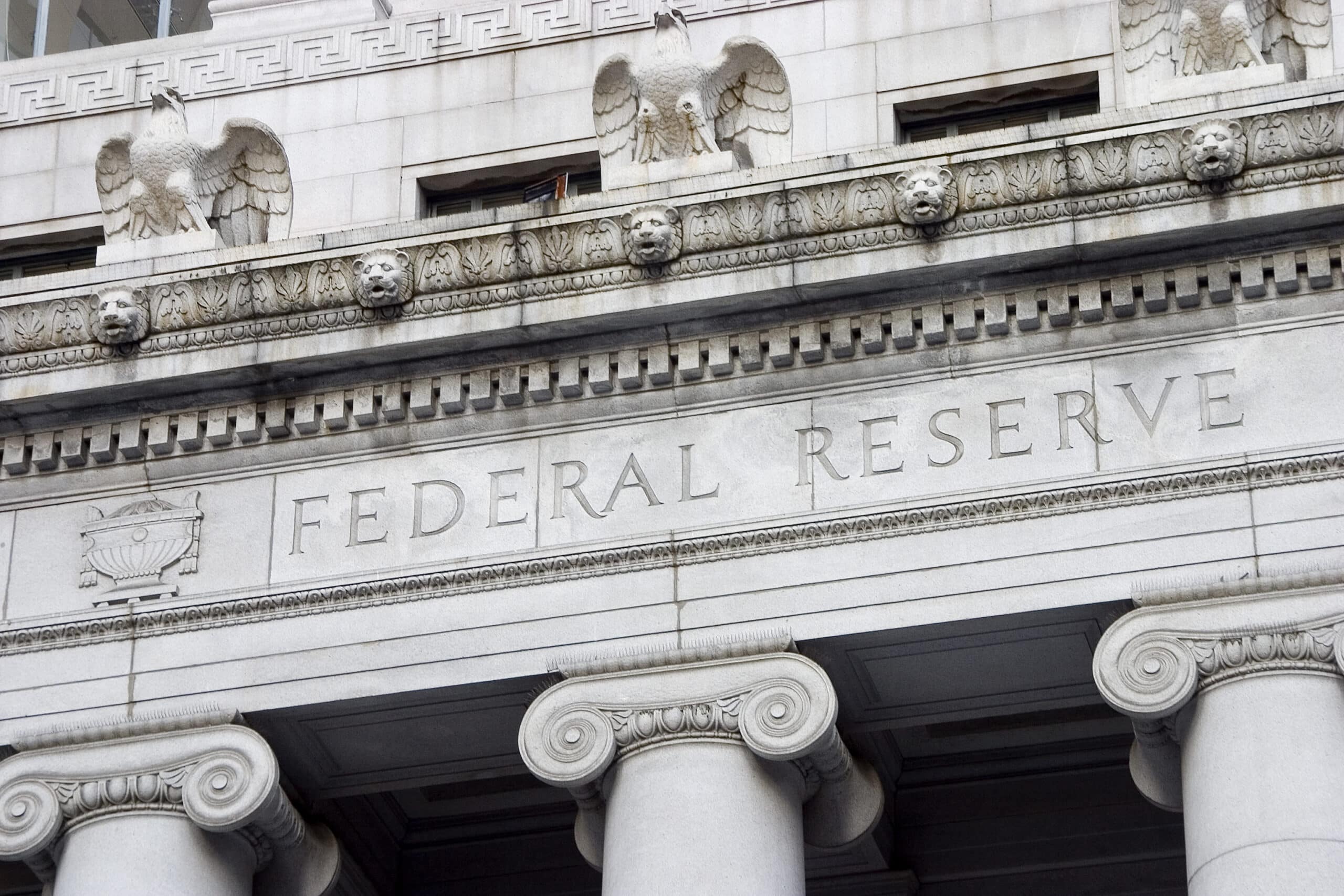Economists Balk at Likelihood Slowdown Will Lead to Recession

MIAMI — When the investor and issuer audience at ABS East was asked when the U.S. economy will enter a recession, 44% answered 24 to 36 months. However, chief economists challenged the audience’s opinion, arguing that the chances of an economic slowdown turning into a recession are unlikely.
“Recessions are very rare,” said James Sweeney, chief economist and regional chief investment officer for the Americas at Credit Suisse. “In the U.S., we’ve had three since 1982. Now, when I look at the balance sheet fragilities in the [different sectors], I don’t see a high likelihood of interaction between balance sheet problems and growth that is going to turn an ordinary slowdown into a full-fledged recession.”
The industry knows the Federal Reserve plans to keep raising rates, and lenders should be concerned about other vulnerabilities such as “where capital is being raised and where that is falling into corporate means,” said William Lee, chief economist at the Milken Institute.
The shifting economy toward private financing is going to be the challenge of tomorrow, Lee said, noting that the U.S. financial systems are going more toward private finance, while public finance will be for large, established companies.
“How do we detect the balances?” Lee asked. “Each of you knows what’s going on in your fields, but no one on the regulatory side or policy side can look at [your business] for vulnerabilities that led to 2008. I’m not saying there are any, but the fact that no one knows or seems to know is what scares me.”
For more content like this, check out the upcoming Auto Finance Summit 2018, October 24-26 at Wynn Las Vegas. Visit www.AutoFinanceSummit.com to register.
















